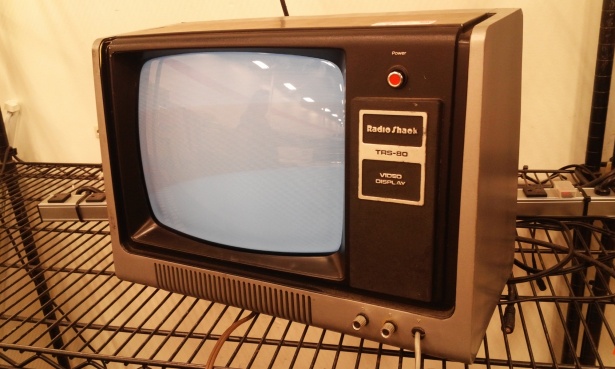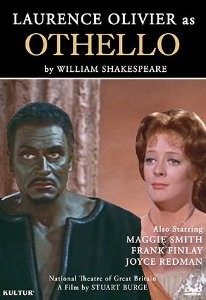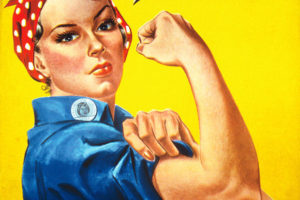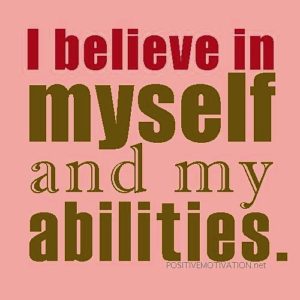Hollywood’s Current Dilemma

These past few months, a year give or take a couple of days, has unleashed a problem in Hollywood that everyone hopes doesn’t become a trend. It’s jeopardizing reputations and is heralding in the one thing that no film company ever wants: a boycott. What is this dilemma I’m speaking of? Some would call it the lack of diversity in film and even tv shows; but the summary of it is to call it, “Whitewashing.”
First time I noticed this was becoming a problem was when a friend complained about Exodus: Gods and Kings. The main complaint being that it was too white and there were questions of why the director didn’t have the talented Egyptian/Middle Eastern actors in it. There was a small call for a boycott to show that viewers did not want to see the whitewashing of a story that more than one culture reads.
I’m going to mention a tiny bit of film slash theater history for a moment to show how far back this problem with whitewashing and diversity in acting goes. Shakespeare’s character Othello (a Moor) has been played by white men in black paint for centuries, transitioning from the theater stage of the Sixteen-hundreds to films of the Twentieth century. It is only in recent times, the last twenty-five to thirty years that we see the character played by black actors on the stage and on the screen. Rightfully moving away from the era of white men in black buffed paint. (Example: Olivier’s Othello)
Diversity in stories, from film to the book in your hand, has been a battle cry lately. In the literary world, writers and authors have taken up the diversity creed. No more writing solely blond/e hair, blue eyed, and pale-skinned characters. The urge is the write diversity; give a character an ethnic background that’s isn’t part of the majority, give the character a different sexuality (if needed mention in the story), give the character scars, give the character visual depth that is not a cliché, and so forth. While many are excited and storming forth about this, the flip side isn’t hearing the mass cry for diversity in stories. In fact, there’s a brewing problem that could potentially whitewash non-white characters in the future of entertainment. Bringing back the age-old use of white people in costumes and makeup instead of casting a non-white actor.
So, what came out this weekend? Yeah, lots of movies come out every weekend this time of year but the one I’m going to talk about is Pan. Now, from day one of the actors’ list being released there was unrest about it. Why? Tiger Lilly was white. Pan was an example of a character’s race being changed in an unacceptable way. (To see the accepted way look at Heimdall’s transformation from Marvel’s comic to today’s films.)
The instant the information was out, there was a massive call for a boycott after a petition did not work. When I say massive, I mean massive on the part where the post on Tumblr broke the counter. Now, I will say that it is sad to see films be boycotted. Specifically, it’s sad to see what happens to the people (actors and crew) involved afterward. They’re doing their job and being in movies that flop is the kind of stuff that could hurt careers. That being said, the results of the movie’s opening weekend is out and looks like the boycott has made a good size dent.
The numbers that we see on say wiki or film sites of a film’s box office numbers are mostly from the opening week/weekend. Pan according to the industry right now is a flop. Producers are waiting nervously to see if tickets in China give them the break-even. In other words, this film’s income has not covered the cost of making it or advertising it. So thus, half of the titles in film articles have dubbed it a 150m nosedive. Reviews of the film’s storyline have not been good either. So there’s a lot of finger pointing of what caused the flop, all the way from Warner not listening to petitions to Pan opening at the same time as The Martian and Hotel Transylvania 2.
In any case, this gives the example of what the power of the viewer and the power of a boycott can do. It speaks volumes of what shouldn’t be done in entertainment.








